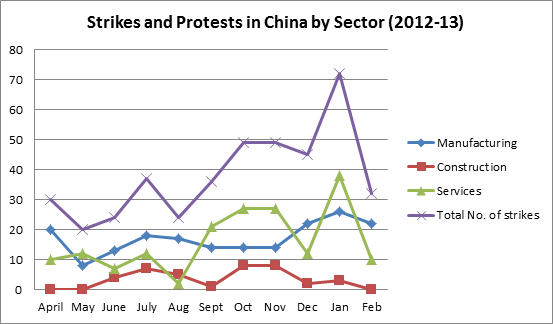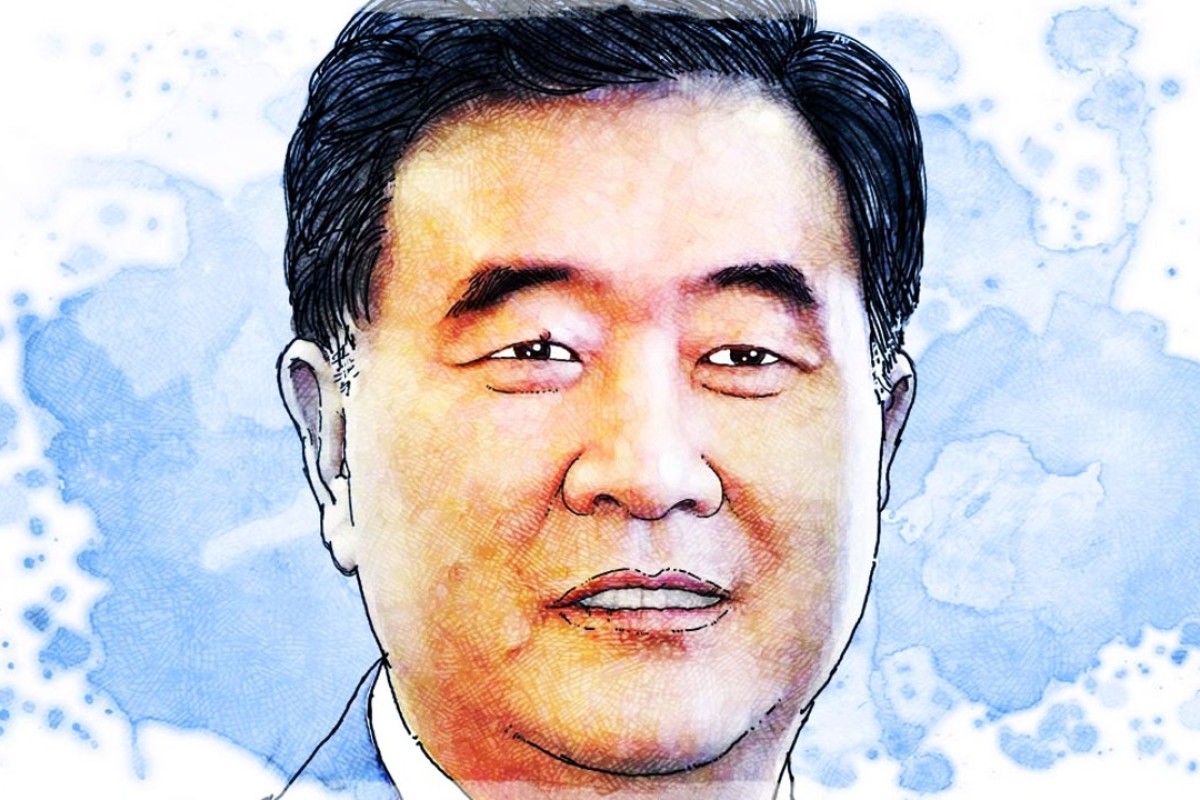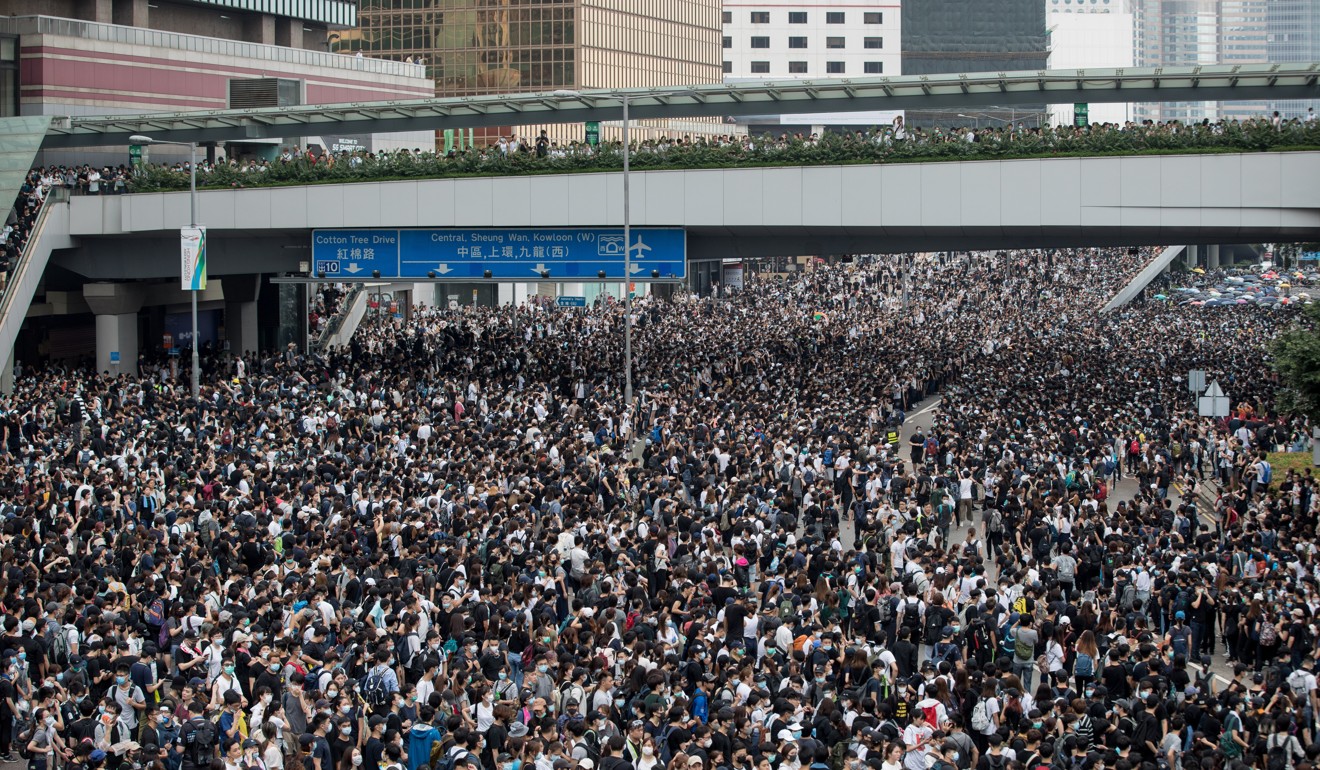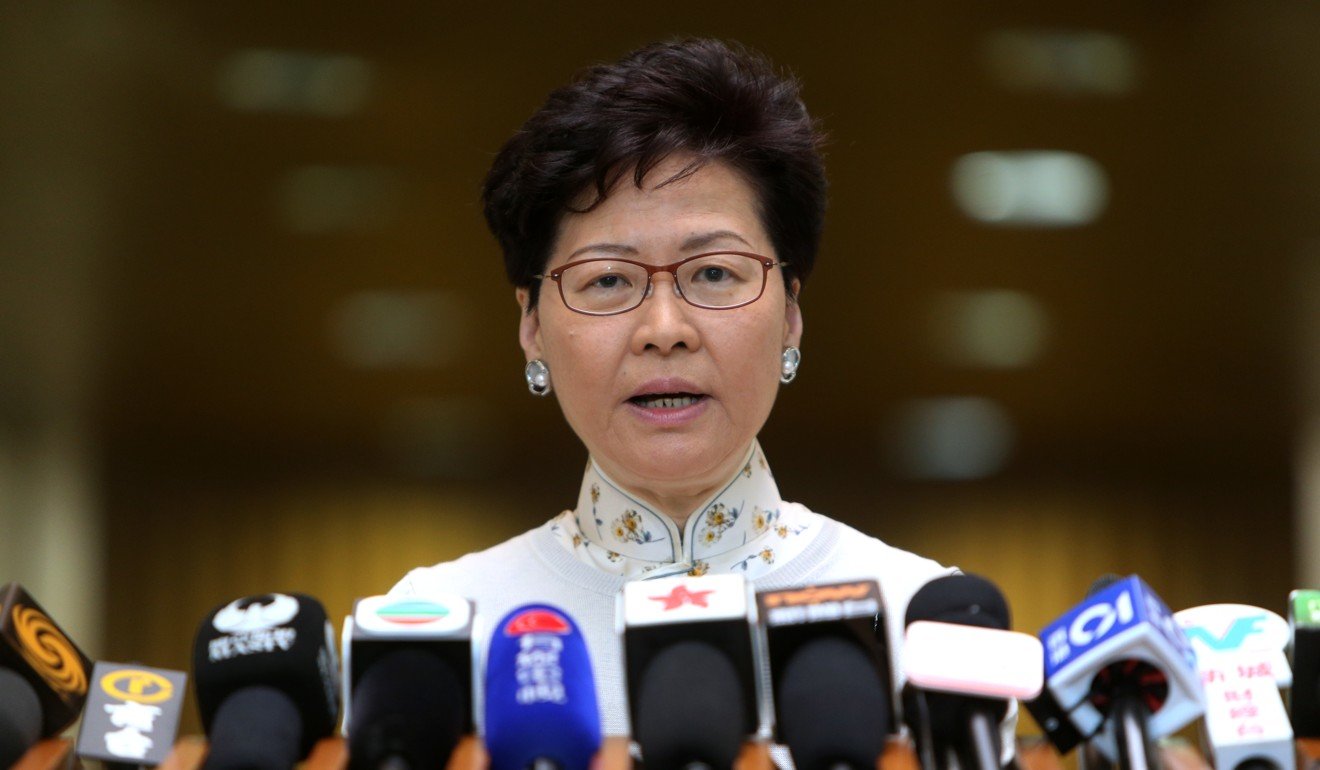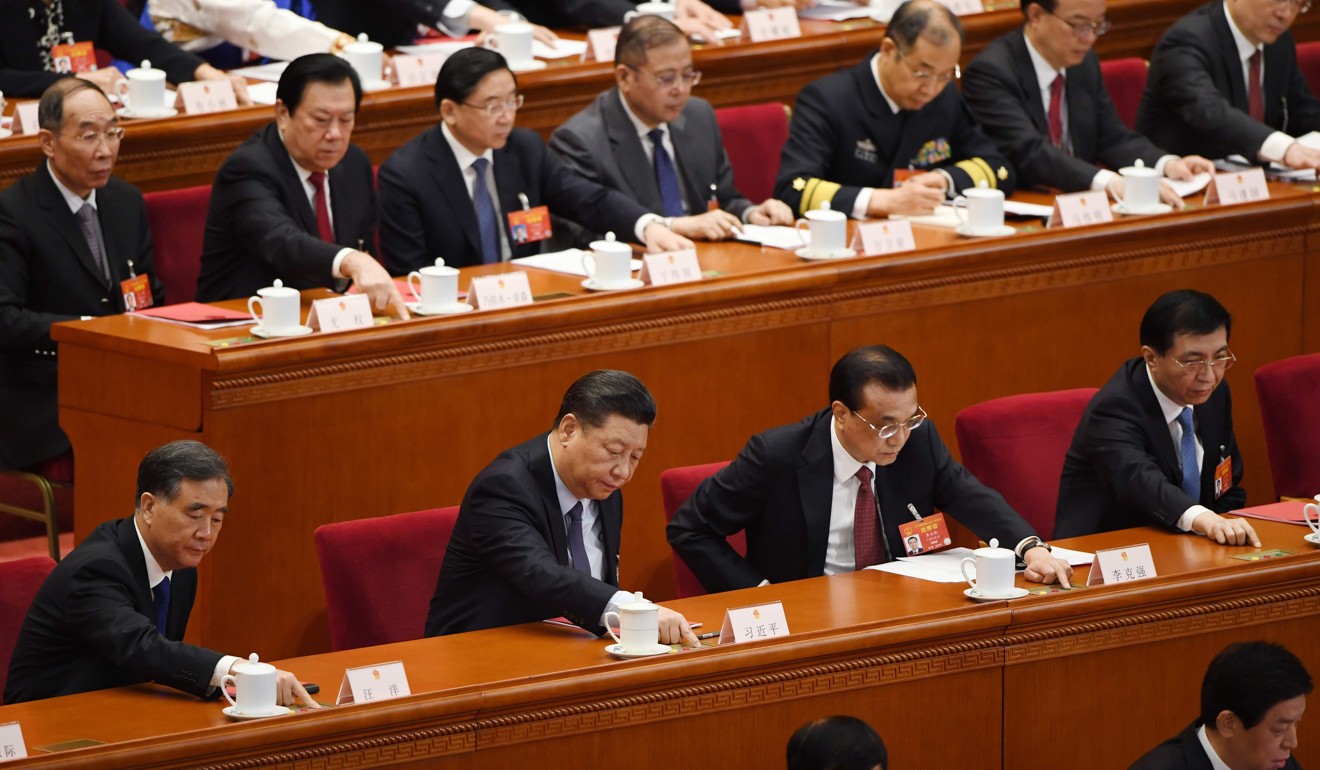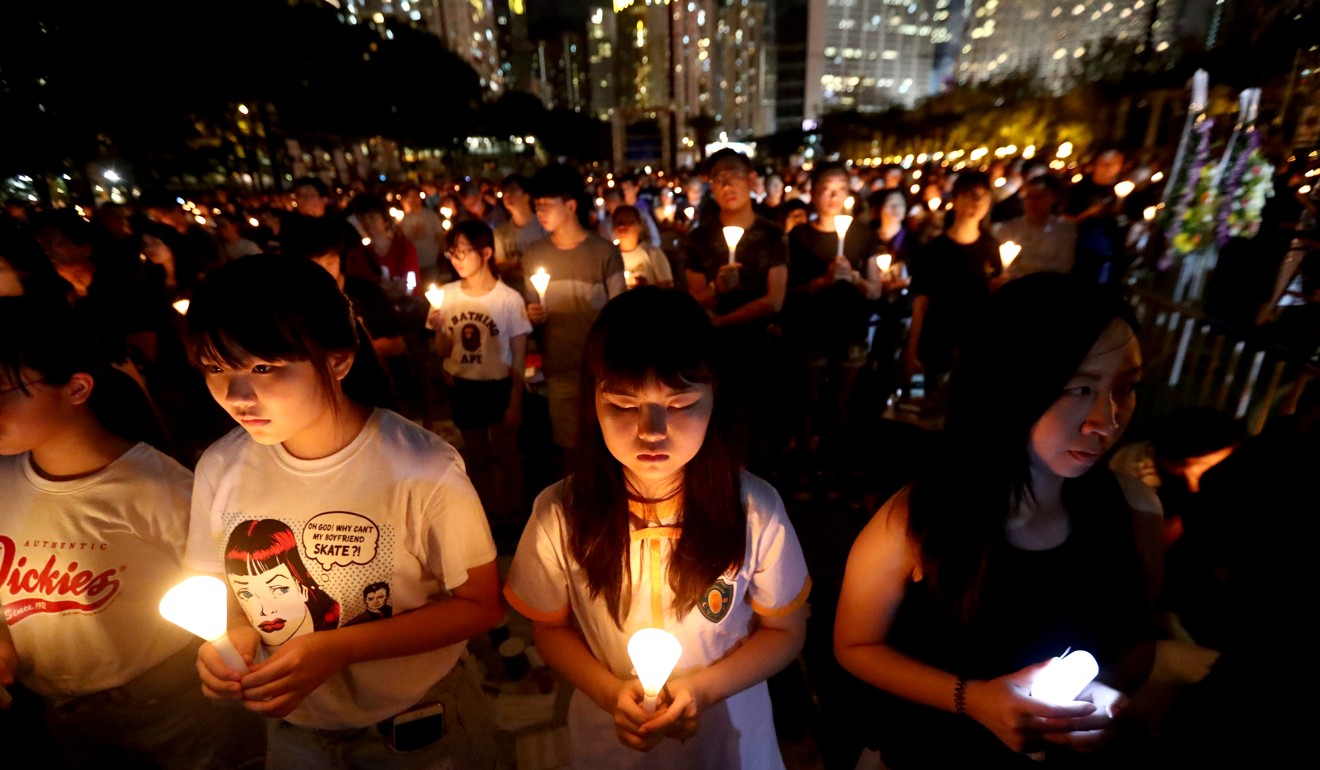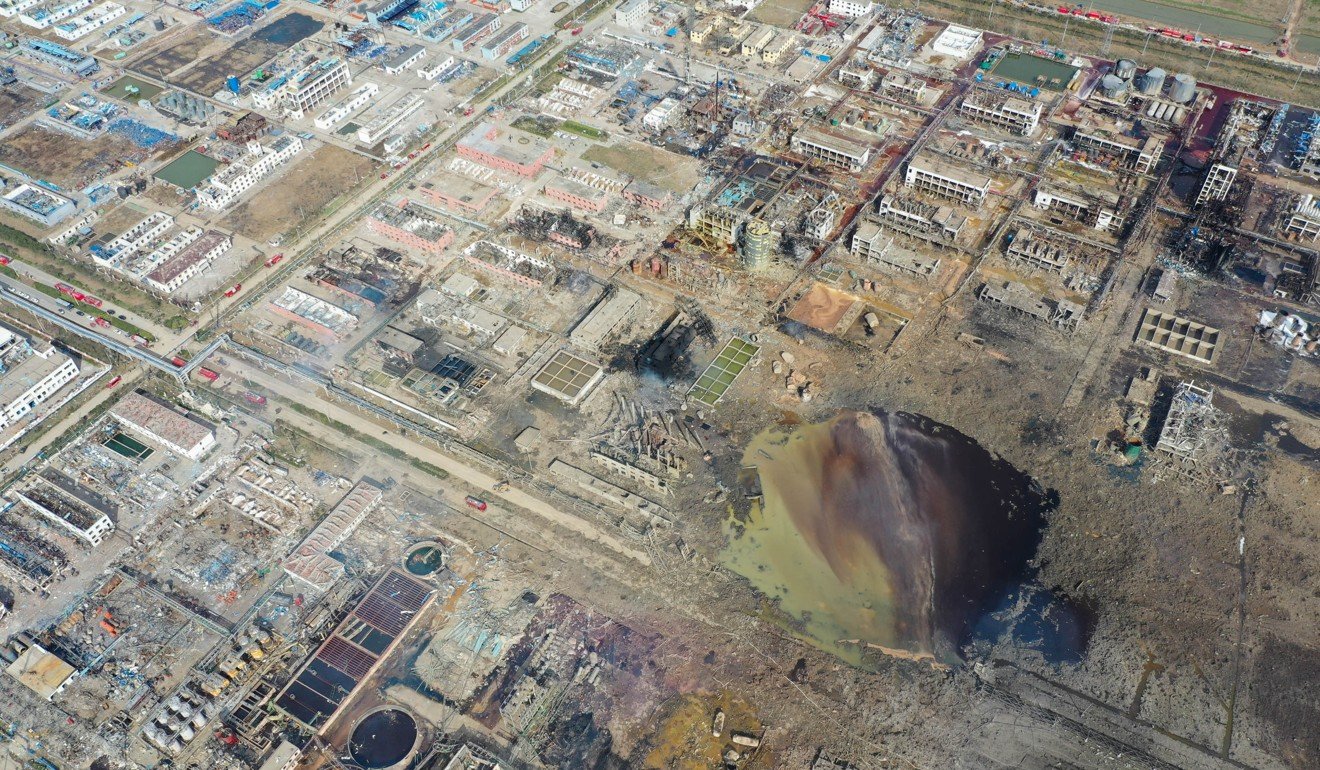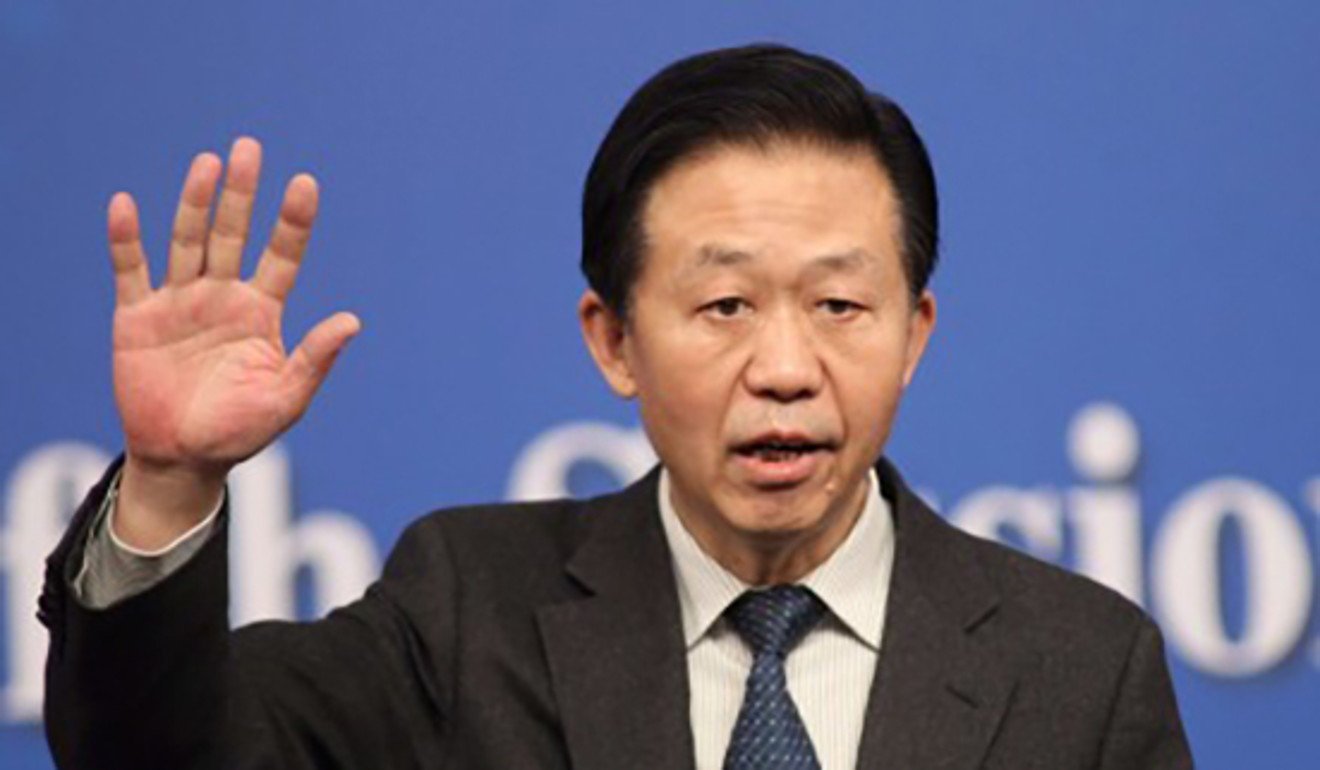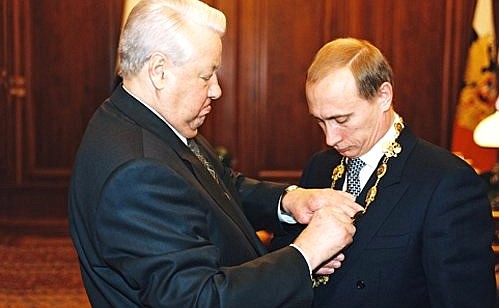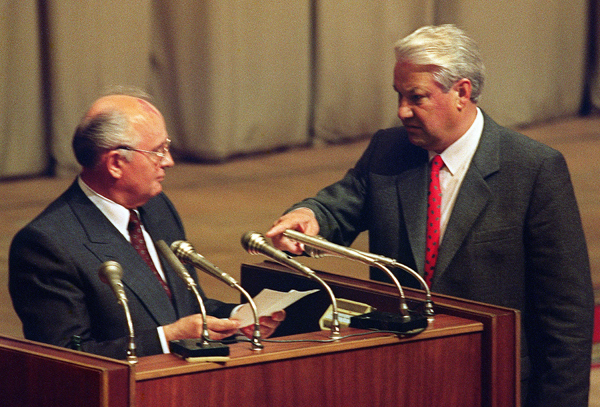Reuters: China's Xi warns attempts to divide China will end in 'shattered bones'.https://t.co/90AUdJsMF8
— Paramendra Kumar Bhagat (@paramendra) October 13, 2019
via @GoogleNews
I worry for Hong Kong. I do. No, I don't fear a military crackdown. But what is already happening is bad enough.
Let me explain the military crackdown part. This is not me saying what should happen. This is not me being an advocate. This is me talking like a political scientist, or analyst, or student of political science, or simply a blogger. Should Beijing go for military action in Hong Kong, that will start a chain reaction that will lead to a collapse of the communist party inside China. The tariffs that only the US has imposed all major countries will impose. That will give China its first recession in decades. There will be sudden mass unemployment and subsequent mass unrests. There is no police, no intelligence service, no surveillance camera, no facial recognition software, no tank, no gas canister that will save the regime beyond a certain point. And that is sad because it is unnecessary.
The Soviet collapse lead to a major contraction of the Russian economy. It led to the rise of the mafia. Living standards fell across the board. By population Russia is like a small province of China. The same level of instability will be too much if it happens inside of China. Too much for China, too much for the world.
I wish the protests were completely non-violent. But then I also wish the Hong Kong Police followed their own guidelines and did not engage in uniformed as well as ununiformed vigilantism.
But the onus is on Carrie Lam and Xi Jinping. They have the power to decide that they will simply sit down with the leaders of the movement and negotiate on their five demands. The five demands stay within the one country two systems paradigm. What seems to be the problem?
A Marxist is supposed to be a scientist who faces data. The data is out in the streets of Hong Kong. This is a golden opportunity for Xi Jinping to give China its third revolution of political reforms.
Gangster Words Spoken By Xi Jinping: Shattered Bones https://t.co/UR5RrxGDhe @demosisto @joshuawongcf @nathanlawkc @maryhui @kinlinglo @sumlokkei @rachel_cheung1 @lokinhei @HKDemocrats @WilsonLeungWS @HongKongPLG@jasonyng @BillyOYLi @cng1238 @Fight4HongKong #HongKong
— Paramendra Kumar Bhagat (@paramendra) October 13, 2019
Illegal use of pepper spray, but hey, why do they care? https://t.co/5BJlMopSmU
— RichS (@RichScotford) October 13, 2019
A man was arrested violently at #HongKong station just now. He was beaten up by police after being peppersprayed, subdued and had his head pressed onto floor by police’s knee.
— #HKResist Fight for Hong Kong (@Fight4HongKong) October 14, 2019
There is a rally for Human Rights and Democracy Act tonight in Central.#HongKongProtests #SOSHK pic.twitter.com/F8gX2j2Klw
#LIVE: The scale of today’s rally is so huge, 10s of 1,000s of partakers, wearing masks, have occupied roads around the top court in Hong Kong. The torches and the US national flags they raise reveal how strong their yearning for freedoms and democracy is. #antiELAB #AntiMaskLaw pic.twitter.com/nq0NfXenbs
— Ezra Cheung (@ezracheungtoto) October 14, 2019
The scene now outside Chater Garden#hongkong #反送中 #antiELAB #HongKongProtest #standwithhk #LiberateHK #LiberateHongKong pic.twitter.com/qH3ABazgOt
— Dave Coulson (@cheesindave) October 14, 2019


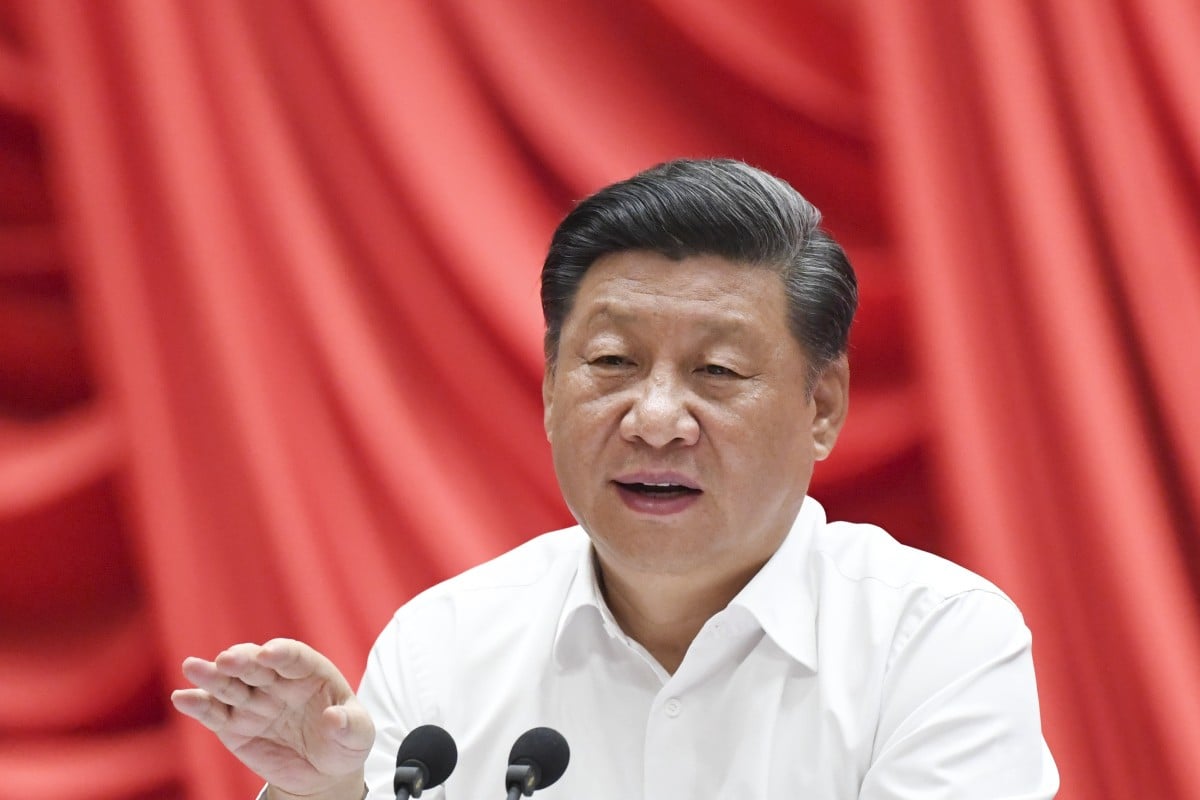



:no_upscale()/cdn.vox-cdn.com/uploads/chorus_asset/file/19038045/081919.jpg)
